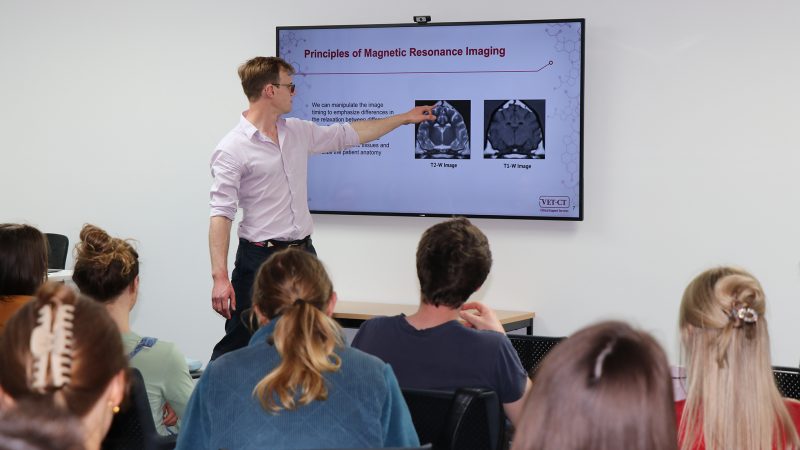Half of vets not paid for overtime

More than half of vets who did overtime since start of pandemic were not paid for extra work – with one in five veterinary nurses also not rewarded for their extra work.
Research by the Institute for Employment Studies found 53% of vets and 21% nurses missed out on overtime pay and that 7.2% of vets had seen their pay cut.
BVA president Justine Shotton said: “This report really hits home how hard veterinary professionals have worked over the past year while contending with multiple pressures.
“A theme throughout is one of teams stepping up, adapting and supporting each other in order to keep animal health and welfare front and centre in the face of unprecedented challenges.
“Through our Good Workplaces campaign, we’ve called on employers to challenge this kind of culture, fairly reward staff when they do have to go over contracted hours, and give them the means to raise concerns if this is happening regularly.
“If we are serious about workforce retention and employee well-being, we need to keep working on creating fair and supportive working environments where long hours are not routinely endorsed or expected, and all staff recognise their right to value their time outside of work.”
Other findings included:
- 57.1% of respondents experienced a change in their shift patterns
- 9.9% of vets had been asked to work more weekends.
- 66% of veterinary nurses experienced a change in shift pattern.
VMG junior vice-president Georgina Hills said: “We all know the huge pressures veterinary teams have endured during the pandemic – and this on top of already challenging working conditions.
“We are concerned at the RCVS’ findings that 50% of all overtime has been unpaid, and believe that our colleagues’ time and efforts should be recognised, whether through increased pay, paid overtime or time off in lieu.
“The amount of overtime worked should also be monitored to prevent burn out. Showing that we value the fantastic efforts made by veterinary teams since the start of the pandemic is essential to team retention and motivation.”







